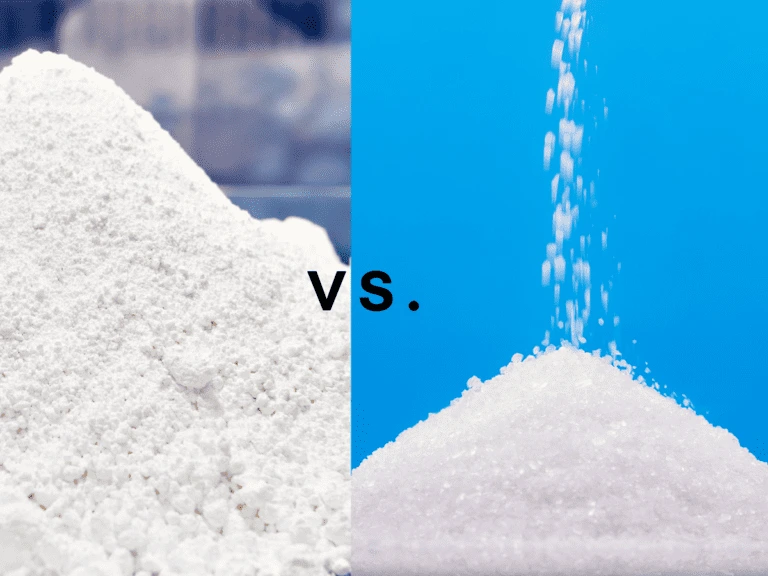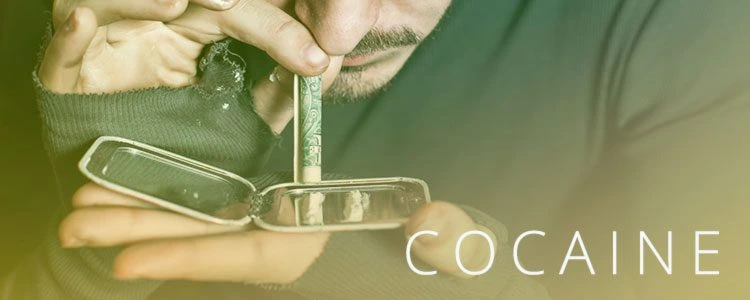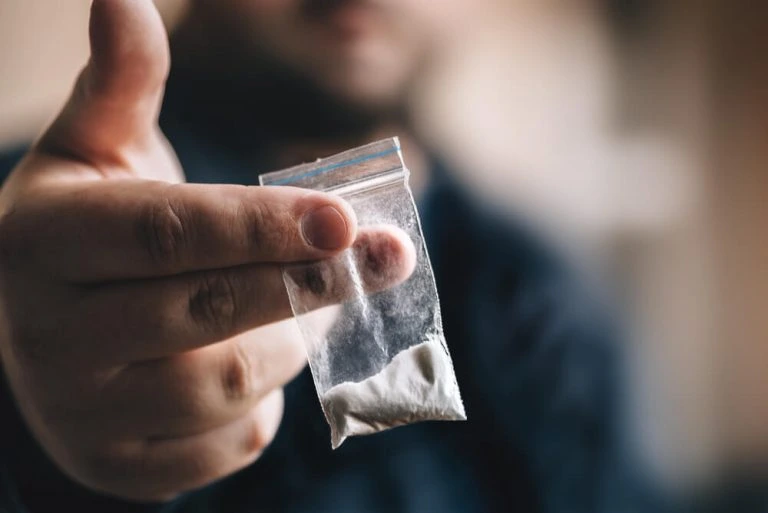Is Sugar More Addictive Than Cocaine?
How addictive is sugar? Sugar is more addictive than cocaine and other popular opioids. In particular, refined sugar causes people to experience negative physical health issues and depression. In addition, if a person attempts to stop eating sugar or reduces their intake by a large amount, the brain will feel affected, and functioning will be manipulated. Believe it or not, most processed foods contain high amounts of sugar, which is why many people become hooked on foods they know are unsuitable for their overall health. Seeking cocaine rehab is advised to avoid life-threatening conditions.

Cocaine vs. Sugar Addiction
Technically, sugar is a drug. The substance has drug-like effects and spikes dopamine which is the happy-reward chemical in the brain. Specific neurotransmitters send signals to the reward circuit in the brain that heightens the feelings of pleasure. Like cocaine, sugar activates the opioid receptors in the brain, which increases the chance of addiction.
Of course, sugar tastes more delicious than cocaine since the drug taste is often described as bitter, plus it leaves the mouth feeling numb. It may be easier to say no to snorting or injecting cocaine, but eating more than one or two sweet treats is not hard.
Cocaine is a stimulant drug that is often used at clubs or parties. Both substances cause people to be hooked to the effects and quickly build a tolerance. However, sugar is more addictive than cocaine, which may be a frightening thought since nearly everyone enjoys dessert, their favorite bag of chips, or even a protein bar. Sugar seems to be in every product at the store, which is why double-checking ingredients is essential for overall well-being.
Sugar vs. Cocaine Symptoms
Both substances spike dopamine in the brain and cause euphoric sensations, which can make a person desire more. Sugar addiction signs include moderate to severe anxiety, intense cravings for sugar or carbs, and difficulty concentrating or sleeping. Cocaine addiction signs are similar.
Sugar withdrawal symptoms include:
- Bloating
- Headaches
- Mood swings
- Muscle aches
- Lack of energy
- Stomach cramps
- Fatigue or dizziness
- Feeling anxious or depressed
Cocaine withdrawal symptoms include:
- Fatigue
- Nerve pain
- Muscle aches
- Heart palpitations
- Increased appetite
- Restlessness or irritability
- Sleepiness or lack of energy
Cocaine detox is highly recommended if signs of cocaine addiction are displayed. Continuing use of these substances after negative impacts are done on the body is dangerous and can lead to overdose or long-term health complications. For less processed sugar intake, start by reading labels and choosing healthier alternatives like fruits such as grapes or cherries. There are many foods that naturally increase dopamine that does not require refined or processed sugar or synthetic drugs.
Resources at Better Addiction Care
If you or a loved one is struggling with cocaine addiction or wants to know more information regarding sugar abuse, Better Addiction Care offers the resources and services you need. Our trained staff prepares a clean and safe environment for expression and creates a treatment plan that is designed for you to reach your recovery goals. We understand addiction is experienced differently by everyone, so don’t wait to get the help you need now.
Speak to a specialist at Better Addiction Care by calling (800) 429-7690 today. Also, read about how to help a loved one with addiction here!








